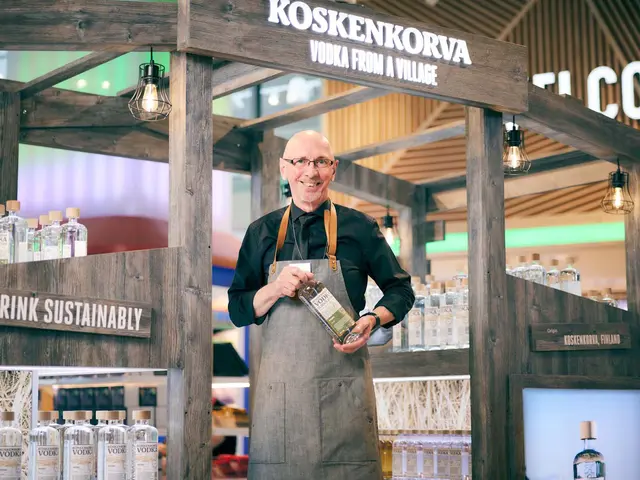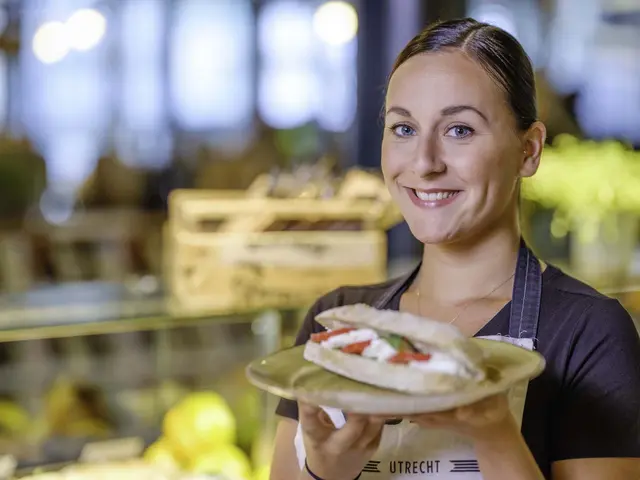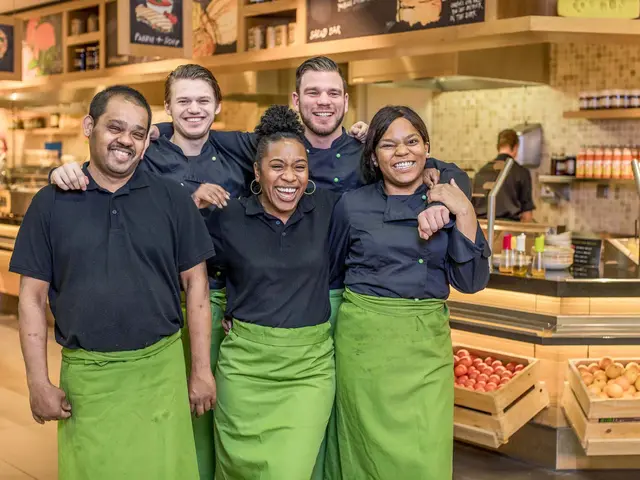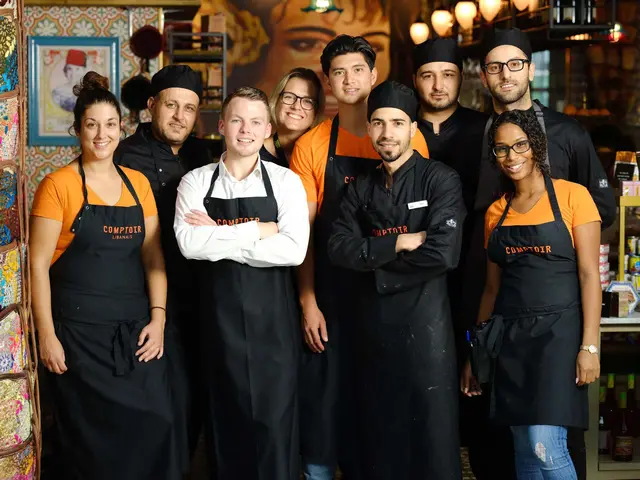A concrete example of shared value is the decision taken by Avolta - a company in our portfolio - to promote cooperation with local companies and suppliers. As well as generating good economic results for Avolta, this approach is aimed at creating a positive impact throughout the value chain, thus contributing to the development of local areas and communities. In this way, growth and impact are mutually reinforcing, and create value for all the parties concerned.
A supply chain that supports local economies
In 2024, Avolta ensured that 27% of its products were supplied by local producers. This means that almost one and a half billion euros went to directly strengthen companies in the areas in which the company operates, thereby generating a concrete economic impact and reducing the logistics environmental footprint. The figures for the core sectors are even more significant: 30% for retail, and over 24% for food & beverage. This shows that Avolta's commitment to generate economic value for local areas is not an exception, but rather an integral part of its business model.
As well as being good procurement practices, these strategic choices: boost employment, enhance local production and create resilient and sustainable connections along the value chain. At the same time, they offer a real competitive advantage due to local suppliers' in-depth knowledge of the local environment and faster turnaround times.
In short, it's a business model that multiplies value for the entire ecosystem in which it is embedded, while generating tangible benefits for local areas and communities. We want to build trust and deep relationships within our ecosystem, thus generating intangible capital that enhances our corporate relevance. This approach sets off a virtuous circle of positive perception and lasting profit, bringing benefits not only for us, but also for present and future generations.
An approach based on listening
This is all possible because Avolta does not act in isolation, but rather in connection with the people who live in local areas all the time.
In 2024, the company conducted a representative survey among over 2,000 employees to gain a better understanding of local communities' needs. The results confirmed the soundness of the engagement strategy, which translated into implementation of more than 300 initiatives in 2024 alone, in cooperation with over 220 non-profit organisations and local stakeholders. The many areas of intervention include: inclusion, combating food insecurity, supporting children with disabilities, and helping populations affected by crises or disasters.
By implementing these choices, Avolta has shown that doing business in collaboration with local suppliers and firms creates economic value not just for the company, but also for the local areas, people and communities in which it operates. A model that combines good economic results with a positive and lasting impact on the social and environmental fabric.













